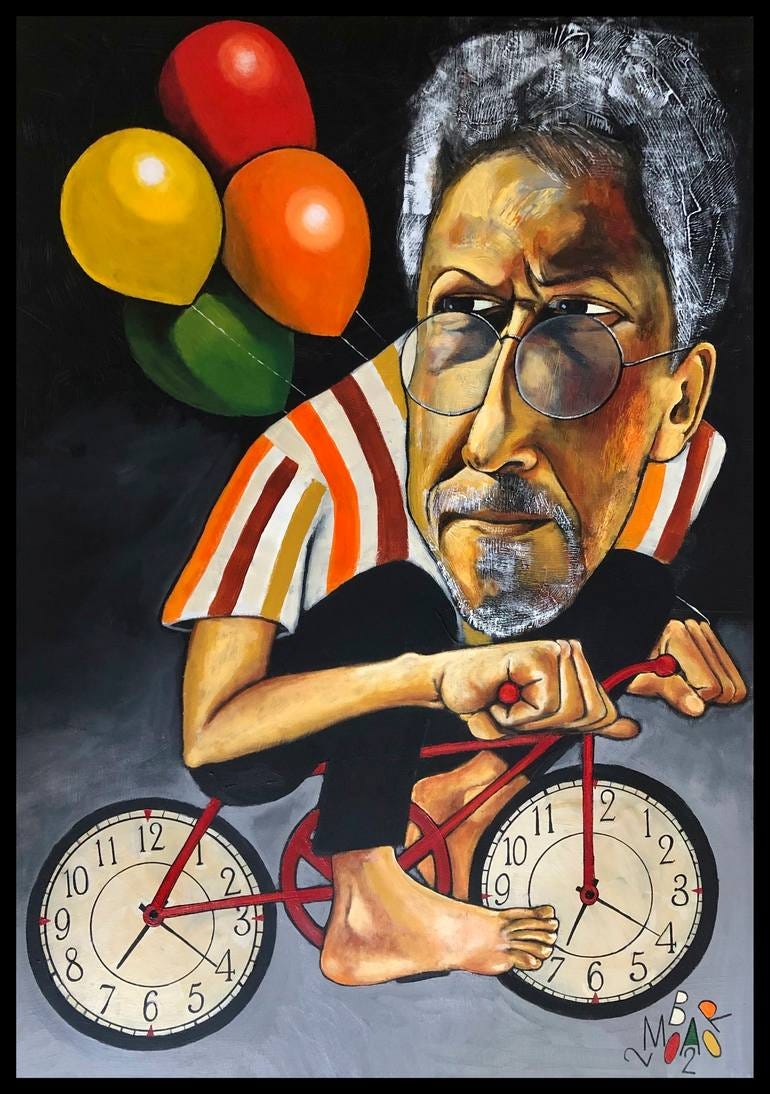
As Dr. Stephen Covey rightly noted, we are instruments of our own performance and the most important among the principles of effectiveness is improving these instruments. He referred to this principle as “sharpening the saw” in his book, ‘The 7 habits of highly effective people.’
Dr. Covey may have known nothing about the evidence-based Science of recovering the internal riches on which our performance depends, which I left clinical practice to create 16 years ago when I found that such restoration, which is exactly what even patients need rather than merely being kept alive, is beyond the reach of all that healthcare has to offer.
But he sure knew from his experience that just like the saw loses its capacity to cut with time, we lose the capacity to perform in the race against time, however talented we may be and that restoring this capacity ought to be the most important among the principles we obey.
The important question is, how do we do this?
To answer this question, we shall go from the known to the unknown.
If you’re not fast, you’re dead. That is how Jack Welch explained why we race against time.
The 25-year-old Olympic champion sprinter who is unable to reach the superfast running speed that won the gold at age 19 in a career that comes to an end after the peak of performance eventually becomes “dead” in this sense. The same ultimately becomes the fate of all who race against time while losing the internal riches on which their performance depends without recovering them.
To understand how to avoid losing the capacity to perform and even improve it by recovering lost internal riches, we will begin with the known formula for “capacity to perform or accomplish something,” which is known as “power” in physics:
Power = Force x Velocity
With the guidance of the evidence-based Science of recovery, we will interpret this formula as follows. The capacity to perform or accomplish depends on 2 factors.

